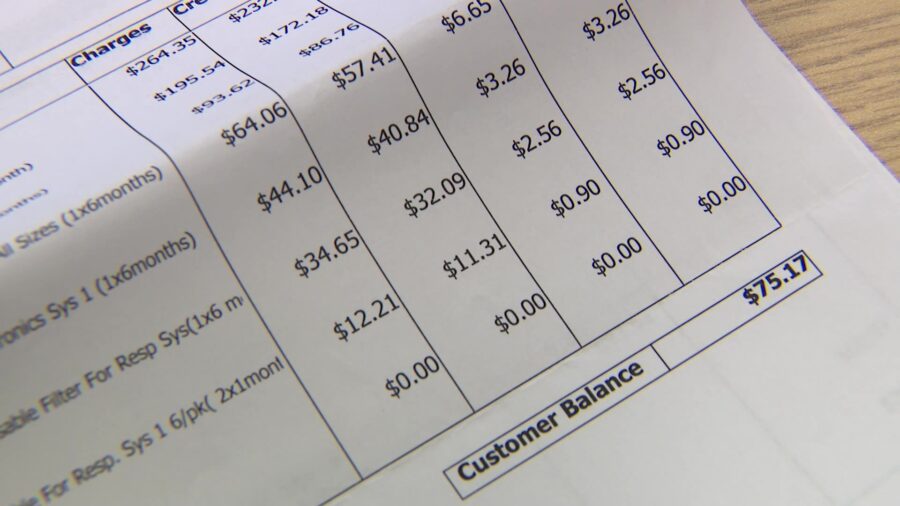Zions Bank joins wave of banks eliminating or reducing overdraft fees
Jul 12, 2022, 6:02 PM | Updated: Jul 14, 2022, 12:07 pm
SALT LAKE CITY — For tens of thousands of Utahns, getting slapped with overdraft fees will soon be much less of a headache. As one of the state’s largest banks moves to overhaul its overdraft fees, it is the latest example of a trend of moving away from such fees in the banking industry.
Sure, banks make money off the interest rates on loans, but a huge chunk of their cash also comes from fees. Last year, a study shared with the KSL Investigators found banks collectively earned $114 billion dollars more in fees over the past decade, than they paid out in interest. Now, a sea change is washing over the banking industry.
“Two of our previous overdraft fees that have now been eliminated,” said Rob Brough, executive vice president of marketing and communication for Zions Bank.
Brough said his bank is doing away with its continuing overdraft fee charged to accounts in the red for seven straight days. Zions is also nixing its NSF fees for transactions returned unpaid due to non-sufficient funds. Plus, it is bumping up its overdraft cushion from $5 to $30, so fees will not be slapped on automatically if your account is overdrawn by $30 or less.
“If someone is living paycheck to paycheck, the likelihood that they might find themselves periodically in an overdraft position. It’s much more likely that that would occur and so it’s an opportunity to make banking more accessible,” said Brough.
It is an opportunity many other banks are seizing on. Ally Bank, Citibank and Capital One have already eliminated their overdraft fees. This comes as Chase and Wells Fargo are cutting their overdraft charges or limiting their use.
But wiping away these fees is a big, big revenue loss for these banks. Even Zions Bank estimates this change will cost them $7.4 million dollars, every year. So, what is in it for them?
“Banking is very competitive,” explained Brough.
He said the competitive landscape has toughened significantly in recent years. They are now up against big banks, small banks, online and mobile-first banks, not to mention fintech companies. So, they must provide services customers like or lose them to a competitor. And customers are not exactly fans of fees.
“We think for us, there’s an opportunity in this, to not only maintain our competitiveness but also create a competitive advantage,” said Brough.
The changes in Zions Bank’s overdraft fees take effect July 13.















